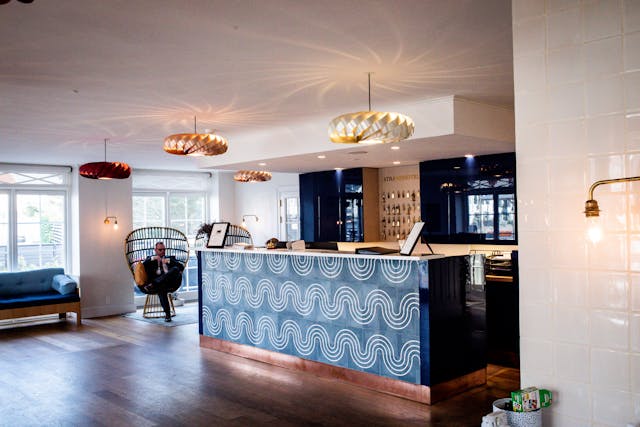What does it mean: Attribute Based Pricing?
Attribute Based Pricing is a method of calculating the rate of a hotel booking based on the specific characteristics of the room or services the guest wishes to use.
The rate of hotel rooms is not only dependent on the usual factors such as room category, season or length of stay, but also on certain features available to the guest, such as view, size, location or facilities.
Advantages of Attribute Based Pricing
By using ABP, hotels can adjust their rates more specifically to the individual needs and wishes of their guests.
Guests can choose from a variety of options and also pay only for the features and services they actually need or want. It allows hotels to maximise their revenue while providing guests with a personalised and tailored experience.
However, applying ABP also requires effective data collection and analysis to understand guests’ needs and desires and adjust pricing accordingly.
Implementing Attribute Based Pricing (ABP) in the hospitality industry presents some challenges:
Data management
ABP requires detailed collection of data on the characteristics and services used for pricing. Data collection and analysis usually requires specialised IT systems and a knowledge and good understanding among hotel staff.
Complexity
Pricing in the hotel industry is becoming increasingly complex. With so many features and services to choose from, hotels need to ensure that they communicate their rates clearly and understandably to avoid confusion among guests.
Perception
Another problem with ABP is subjective perception when it comes to rates. Guests may feel that they are paying excessive rates for certain features and services, while other guests are paying less for the same services.
Costs
The introduction of ABP initially leads to high costs in the hotel, especially if they have to implement new IT systems. In addition, there are costs for further training and development of the hotel staff.
Change of the business model
The introduction of ABP may also require a change in the traditional business model of a hotel. Processes and procedures need to be adapted and evolved accordingly.
Despite these challenges, ABP can be a valuable tool for hotels to increase their profit and provide a personalised experience for their guests. This requires the use of advanced technology and the implementation of effective processes to ensure that features and services are captured and analysed correctly and that rates are fair and reasonable.






